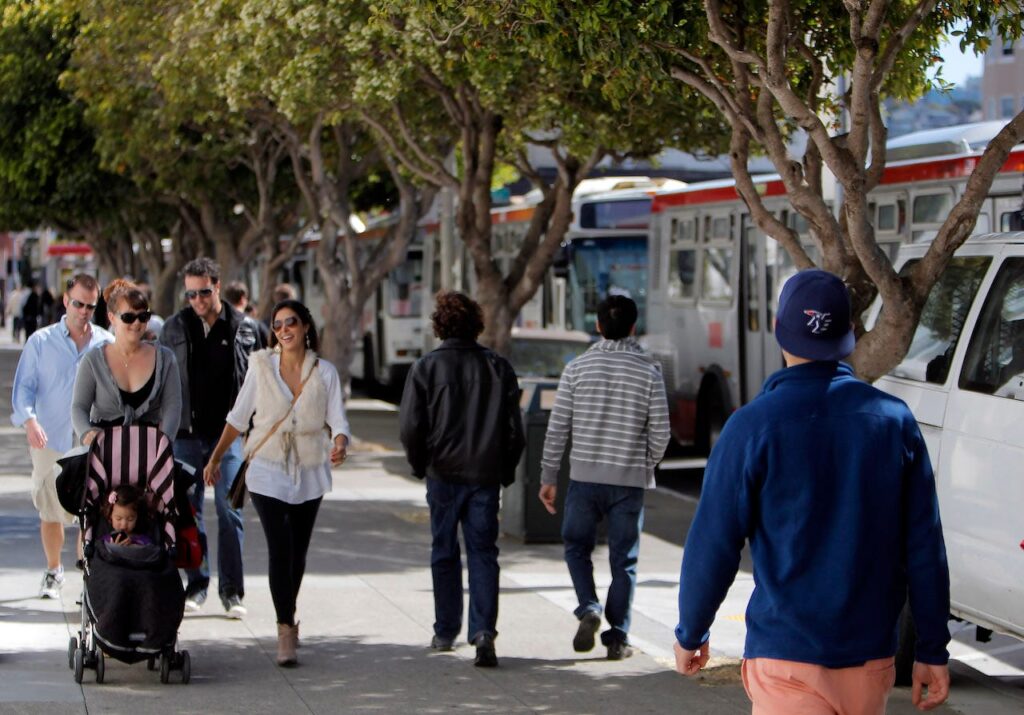- Harvard research indicates friendships with richer people are linked to upward economic mobility.
- A study found people in distressed communities often live in areas with few cross-class ties.
- Integrating low-income communities with higher-income ones could boost social mobility.
Befriending rich people can do a whole lot to boost your economic mobility, but you need to be able to find them first.
Research from Harvard economist Raj Chetty has shown that friendships with richer people are linked to upward economic mobility. But to do that, you need to live in areas where you'll be able to mix across income levels.
Chetty and his team found that if kids from lower-income backgrounds were able to grow up in areas that have the same level of what they call "economic connectedness" — which gauges how connected lower-income and higher-income people are — as higher-income kids, their future earnings would go up by an average 20%. That's because, among children who grow up in areas where lower-income kids have more higher-income friends, there's "much higher rates of upward mobility."
But the likelihood of relationships across class lines varies across neighborhoods. The most economically distressed zip codes across the country tend to also have the least economic connectedness, further disadvantaging members of those communities, according to a new analysis from the Economic Innovation Group.
More than two-thirds of people who live in distressed communities — defined as those with the lowest economic opportunity — also live in zip codes with the lowest levels of cross-class relationships, the study found. Predominantly Black and Hispanic communities are disproportionately impacted.
"This divide reveals how the erosion of the American Dream occurs through the compounding forces of economic hardship and limited access to social networks that pave the way for advancement," the researchers wrote.
The Southeast is home to many of the most economically disadvantaged and least connected zip codes in the country. While they tend to be concentrated in rural areas, some urban zip codes — including in Memphis — have some of the lowest levels of economic prosperity and social ties across class.
On the other end, Silicon Valley in California is home to the ten zip codes — including San Francisco's Marina neighborhood and Palo Alto in the South Bay — with the highest levels of economic connectedness and prosperity. The Northeast, Upper Midwest, and Mountain West also tend to have higher concentrations of economically connected zip codes.
The research indicates that one way to improve social mobility is to integrate low-income communities with those of higher incomes and reverse the social isolation and segregation many people in distressed communities face.
On the whole, Americans have increasingly been mixing less with people from different economic backgrounds. Past research has shown that the pandemic made cross-income mixing even harder to come by. A 2023 study from MIT researchers found that the economic diversity of encounters in cities had fallen by 15% to 30%.
So where should you go if you want to make friends from different income brackets? It turns out that, according to research on where socioeconomic mixing is taking place, Applebee's and Olive Garden might be your best bet.
"The most socio-economically diverse places in America are not public institutions, like schools and parks, but affordable, chain restaurants," researchers Maxim Massenhoff and Nathan Wilmers, of the Naval Postgraduate School and Harvard University wrote.
